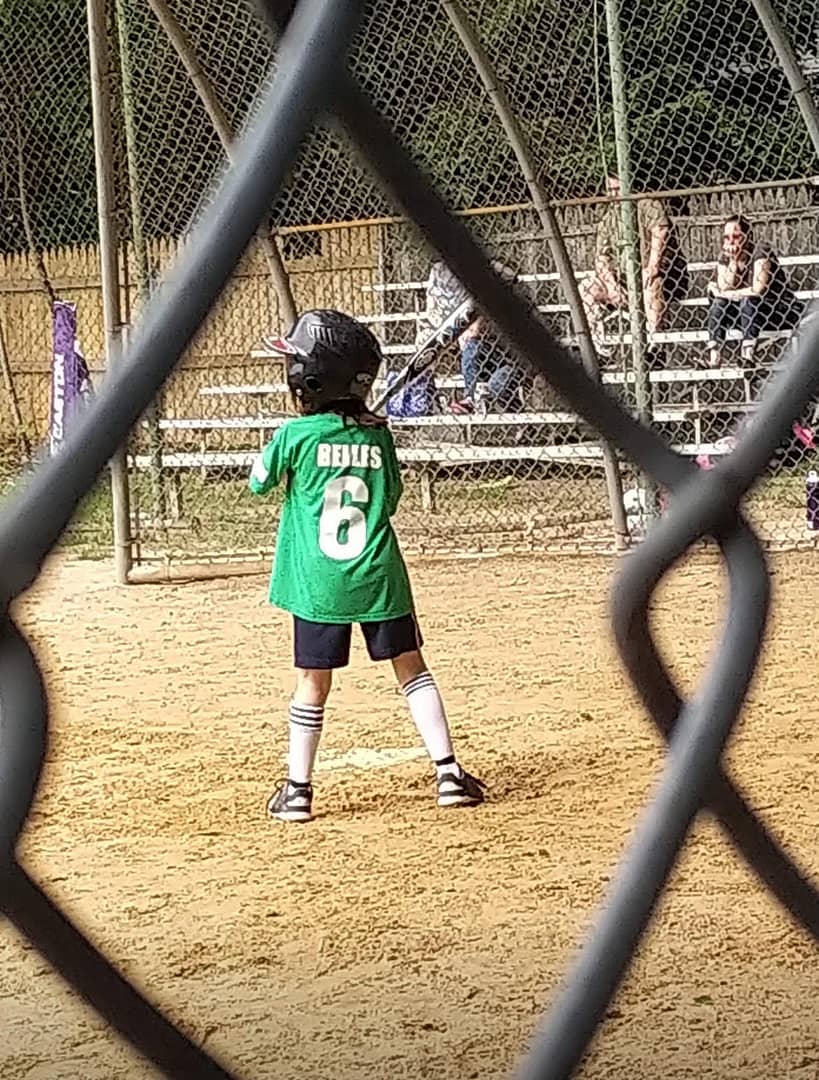Schools are responsible for maintaining a safe environment for students, but what happens when bullying occurs outside of school hours? With the rise of social media, many conflicts between students no longer stay within school walls. Some believe schools should intervene when out-of-school bullying affects students, while others argue that it is beyond their responsibility. Should schools have the authority to address bullying that happens beyond their campus?
Yes, Schools Should Step In
Supporters argue that bullying–no matter where it happens–affects a student’s school experience. A student who is cyberbullied can bring that stress into the classroom, impacting their ability to focus and participate. This directly influences school performance, so schools could be allowed to get involved to help the students prosper academically. School grounds also house a lot of students who are acquainted with each other, so many cases of bullying involve classmates. Even if it occurs off-campus, the students may still see each other at school. Ignoring these situations can cause tension and hostility to build, potentially leading to fights. This directly impacts the school environment and, if not dealt with, might display that schools are not putting effort into resolving conflicts between students. Additionally, many schools already discipline students for off-campus actions, such as threats or illegal activities, so bullying should not be any different. By addressing off-campus bullying, schools demonstrate the significance and strength of anti-bullying measures, allowing students to feel more safe overall.
No, Schools Should Stay Out of It
On the other hand, some people argue that schools cannot be responsible for anything students do outside of school; instead, parents, guardians, and law enforcement should handle issues that happen at home or online. Schools adding the responsibility of monitoring hundreds of students’ private lives is unrealistic. Without evidence from school cameras, it would be difficult for schools to determine if a student was getting bullied off-campus in the first place. Additionally, schools getting involved in off-campus issues raises concerns about boundaries. Without clear limits, schools risk overstepping their authority. If schools get involved with off-campus bullying, will they also impose on family matters? Many parents want a clear separation between off-campus and on-campus issues and believe they should manage bullying occurring away from school. There also may not be grounds for schools to get involved if the bullying does not affect academic performance or participation in class. Moreover, schools could get in trouble for punishing students for behavior that occurs outside of their jurisdiction, especially if it infringes on free speech.
Conclusion
While schools cannot solve every problem, they also cannot ignore bullying that directly affects the school environment. The best approach is balanced, where schools should intervene when out-of-school bullying disrupts learning but should also work with parents and communities to prevent harassment in the first place. Whether it happens off-campus or on-campus, ensuring students feel safe and supported should be a priority for everyone.















